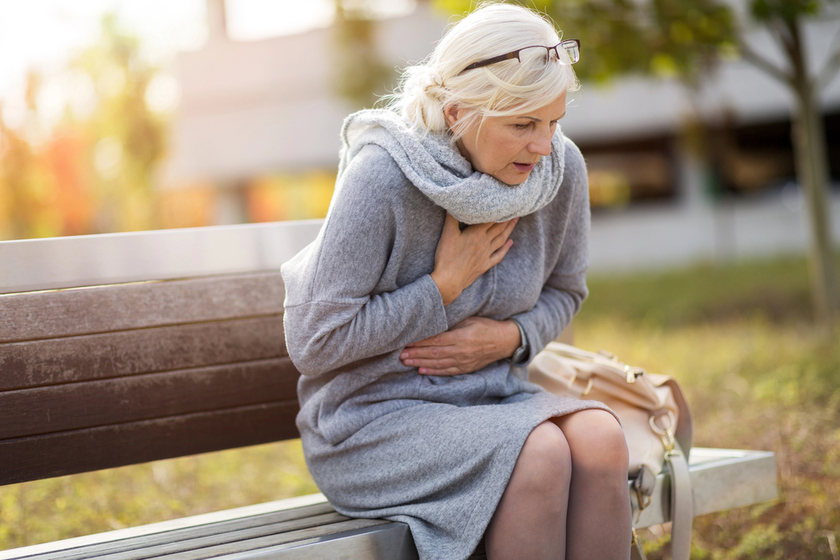Recognizing heart attack symptoms in elderly women is essential for timely medical intervention, ensuring the health and safety of our loved ones. Symptoms in elderly women can be less typical than those experienced by men, making awareness and quick action even more critical. By understanding these signs, you can help protect those at risk by seeking immediate medical help when necessary.
Understanding Heart Attack Symptoms
A heart attack, also known as a myocardial infarction, occurs when the blood flow to a part of the heart is blocked, usually by a blood clot. This interruption in blood flow can cause damage to the heart muscle, leading to various symptoms. While some heart attacks are sudden and intense, others may start slowly with mild discomfort. It’s important to be aware of the common signs and symptoms, which may include:
- Chest Discomfort: Chest pain or discomfort is the most common symptom of a heart attack. It may feel like pressure, squeezing, fullness, or pain in the center of the chest that lasts more than a few minutes or comes and goes.
- Pain or Discomfort in Other Areas of the Upper Body: In addition to chest discomfort, a heart attack may cause pain or discomfort in one or both arms, the back, neck, jaw, or stomach.
- Shortness of Breath: Feeling short of breath or having difficulty breathing can be a sign of a heart attack, especially when experienced along with other symptoms.
- Nausea, Indigestion, or Vomiting: Some people may experience nausea, indigestion, heartburn, or vomiting as symptoms of a heart attack, particularly in women.
- Fatigue: Unexplained fatigue or sudden weakness, especially in elderly individuals, may indicate a heart attack or other cardiovascular issues.
- Cold Sweats: Breaking out in a cold sweat, particularly when accompanied by other symptoms, can be a warning sign of a heart attack.
Recognizing Heart Attack Symptoms in Elderly Women
It’s important to note that heart attack symptoms can differ between men and women, and they may also vary in older adults. Elderly women, in particular, may experience subtler or less typical symptoms that can be easily overlooked or mistaken for other conditions. For example:
- Elderly women may not always experience chest pain during a heart attack. Instead, they may have more subtle symptoms such as discomfort in the chest, back, neck, jaw, or arms.
- Shortness of breath may be more pronounced in elderly women and may occur with minimal exertion or even at rest.
- Nausea, indigestion, or abdominal discomfort may be more common symptoms in elderly women experiencing a heart attack.
- Fatigue or weakness may be the primary symptom of a heart attack in elderly women, without any other accompanying signs.
As a senior living community dedicated to providing compassionate care and support, we understand the importance of recognizing and responding to potential medical emergencies promptly. Understanding the symptoms of a heart attack in elderly women is vital for ensuring timely intervention and access to appropriate medical treatment.
If you notice any signs or symptoms of a heart attack in a fellow resident or loved one, we urge you to notify our trained team immediately. Time is of the essence in such situations, and your prompt action could help save a life. Together, we are committed to promoting the well-being and happiness of our residents, and we will continue to prioritize their health and safety above all else. At our senior assisted living facility, our staff is equipped with the training and resources needed to respond swiftly and effectively in emergencies. We keep that safety and care are always available. Contact us to learn more about how we safeguard the health of our residents.







